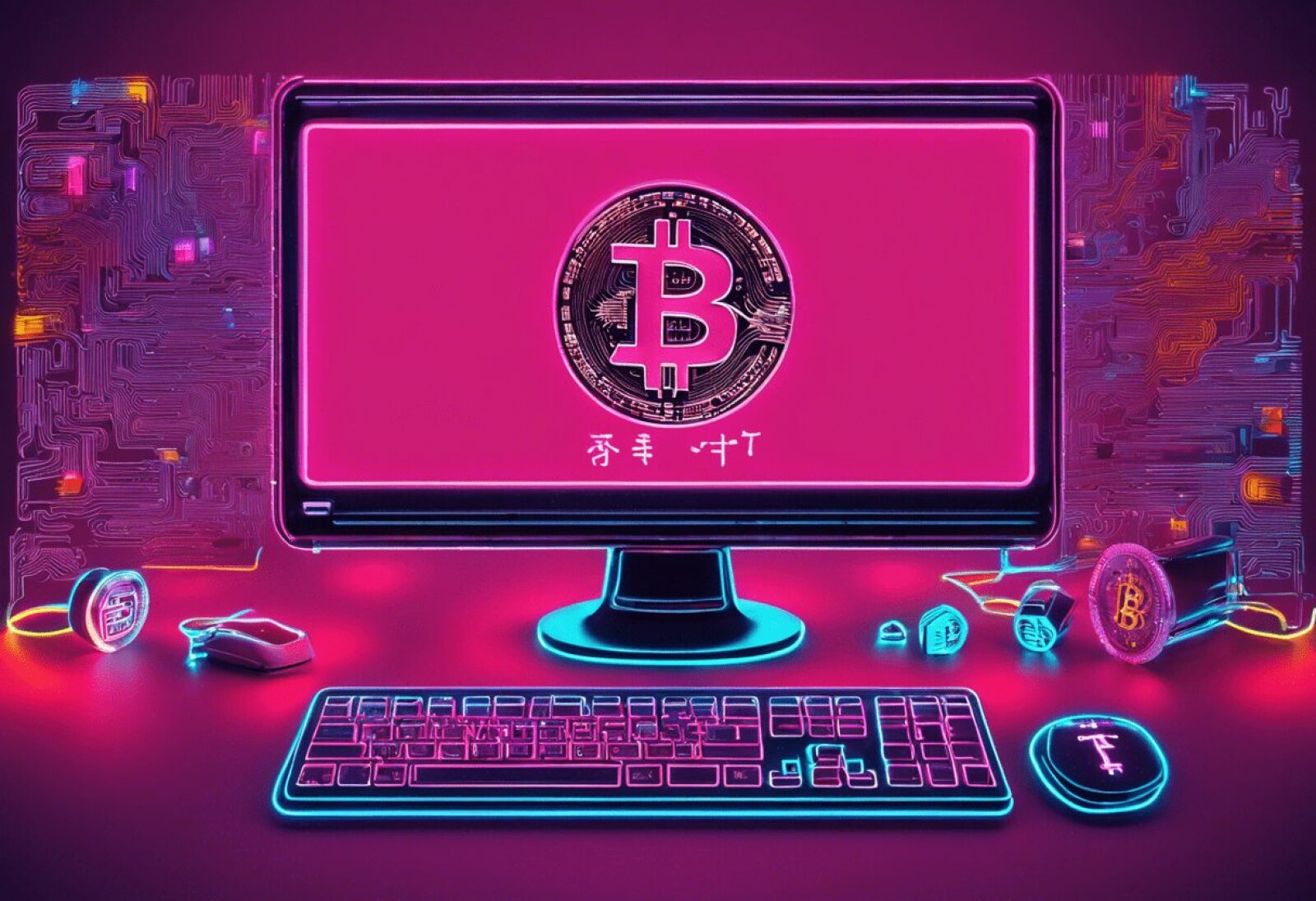
Amelia Altcoin
ZKasino Unveils DAO Governance Model Amid $32 Million Rug Pull Allegations

In the wake of serious allegations involving a $32 million rug pull, ZKasino has announced a significant shift towards decentralized governance. This announcement comes as the project faces mounting scrutiny and legal challenges. The shift to a DAO (Decentralized Autonomous Organization) model is seen as a strategic move to regain trust and stabilize the platform amidst the turmoil.
The Allegations and Their Impact
The controversy began when ZKasino was accused of orchestrating a rug pull, a fraudulent maneuver where developers withdraw funds from a project and disappear, leaving investors with worthless assets. The project allegedly transferred 10,515 ETH (approximately $32 million) to unknown wallets before closing their Telegram channel and halting withdrawals. This sudden move led to widespread panic among investors and prompted a series of investigations.
In response to these allegations, several platforms, including the MEXC crypto exchange and Ape Terminal, delisted ZKasino’s native token, ZKAS. Notably, Big Brain Holdings, a prominent VC firm, distanced itself from the project, stating it had never invested directly in ZKasino despite previous associations with its founders.
Introduction of DAO Governance Model
To address the crisis and rebuild trust, ZKasino’s developers have proposed a DAO governance model. This model aims to decentralize decision-making and give token holders more control over the platform’s future. By implementing this structure, ZKasino hopes to demonstrate a commitment to transparency and community engagement.
The DAO governance model will allow ZKAS token holders to participate in key decisions, including changes to game contracts, the introduction of new games, community initiatives, and platform updates. This shift is designed to make ZKasino more resilient and responsive to its user base, potentially mitigating the risk of future fraudulent activities.
How DAOs Work
A DAO operates on blockchain technology, enabling decentralized control and governance. Decisions within a DAO are made through a voting process where token holders can propose and vote on various initiatives. This model ensures that no single entity has unilateral control over the organization, theoretically reducing the likelihood of fraud and mismanagement.
For ZKasino, the implementation of a DAO means that decisions regarding platform developments, financial allocations, and strategic directions will be made collectively by its community members. This approach not only aligns with the principles of decentralization but also fosters a sense of ownership and accountability among users.
Community Reaction and Market Response
The introduction of the DAO model has elicited mixed reactions from the community. While some see it as a positive step towards greater transparency and security, others remain skeptical given the scale of the alleged fraud. The success of this initiative largely depends on the project’s ability to regain and maintain investor confidence.
Market reactions have been cautious. The delisting of ZKAS from major exchanges has severely impacted its liquidity and trading volume. However, some investors are cautiously optimistic, viewing the DAO governance model as a potential turning point for the beleaguered project.
Legal and Regulatory Implications
The allegations against ZKasino have also attracted the attention of regulatory authorities. Investigations are underway to determine the extent of the fraud and identify the parties responsible. In the Netherlands, a suspect connected to the ZKasino rug pull has been detained for further questioning. Authorities have seized assets, including digital currencies and luxury items, as part of the ongoing investigation.
These legal proceedings highlight the increasing scrutiny that decentralized finance (DeFi) projects face from regulators. As the sector continues to grow, ensuring compliance with legal standards and implementing robust governance structures will be crucial for the legitimacy and sustainability of such projects.
Future Prospects for ZKasino
Despite the current challenges, the future of ZKasino remains uncertain but not without potential. The successful implementation of the DAO governance model could serve as a case study for other projects facing similar issues. If ZKasino manages to navigate through this crisis and restore its reputation, it could emerge as a more resilient and community-driven platform.
The broader implications of this case also underscore the importance of transparency, accountability, and robust governance in the crypto space. As more projects explore decentralized governance models, the lessons learned from ZKasino’s experience could inform best practices and regulatory frameworks for the industry.
Conclusion: A New Chapter for ZKasino
The introduction of the DAO governance model represents a pivotal moment for ZKasino. While the allegations of a $32 million rug pull have cast a long shadow over the project, the move towards decentralization offers a path forward. By empowering its community and committing to greater transparency, ZKasino has the opportunity to rebuild trust and redefine its trajectory.
The coming months will be critical for ZKasino as it implements this new governance structure and navigates the legal and regulatory challenges ahead. The crypto community will be watching closely, as the outcome of this saga could have far-reaching implications for the future of decentralized finance and governance.













